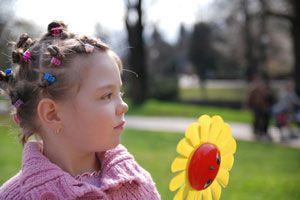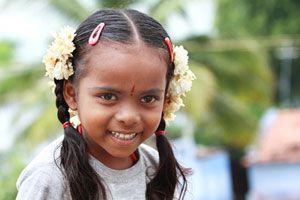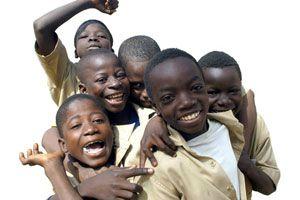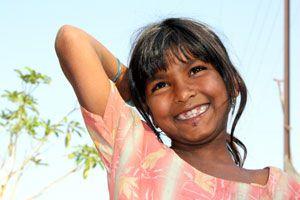Seasonal Influenza
WHAT IS SEASONAL INFLUENZA?
It is a virus, which is categorized in type A, B and C. Each year changes in the DNA of the virus leads to a new infectious strain. The vaccine is produced each year against a new potential serious infection. It is spread via air droplet through coughing and sneezing.
WHAT ARE THE SYMPTOMS?
The symptoms are similar to a simple flu but can be much stronger. Those are high fever, headache, severe ache and fatigue.
WHAT ARE THE COMPLICATIONS?
The infection can get complicated by a severe bacterial lung infection. Strains of influenza killed millions of people worldwide in 1918. About 1/3 of children worldwide are infected. In the northern hemisphere the influenza season is from November to April and the southern hemisphere from April to September.
Persons at risk for severe infection are:
- children age 6 months to 59 months
- elderly, older than 50 years
- children and adults with chronic diseases such as Diabetes, Asthma, cardiovascular problems, hematologic illness, neurologic diseases and immune compromised persons
- persons on immune compromised medication
- household contacts and caregivers of person with medical condition
- residents of nursing homes and other chronic care facilities
- health care personal
WHAT IS THE TIMETABLE?
Vaccination is given as soon as the vaccine is available before the start of the season, even if it is August. The recommendation is for all children aged 6 months and older. In general children between 6 months to 8 years of age are recommended to receive 2 doses. There has to be a break of four or more weeks in between doses. Children who received at least one dose of the 2010 - 2011 seasonal influenza vaccine will need only one dose in 2011 – 2012. This recommendation can change from season to season.


















































